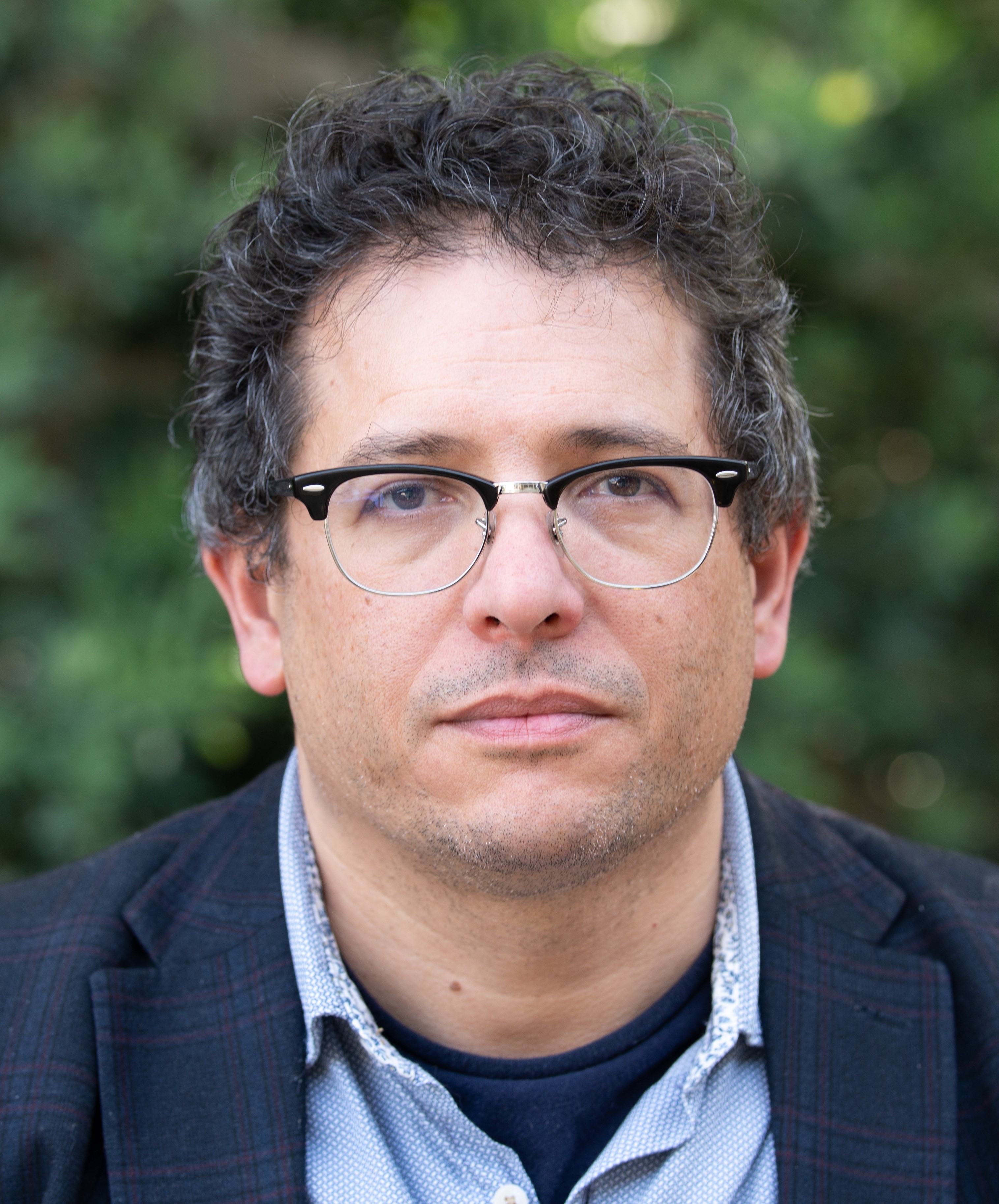
Dr. Aaron Schurger
Assistant Professor, Member of the Institute for Interdisciplinary Brain and Behavioral Sciences
Crean College of Health and Behavioral Sciences; Psychology
Office Location:
Building 9401, Rinker Campus 561 N. Glassell
Office Hours: Spring 2020: M 4:00 – 6:00 pm, W 4:00 – 6:00 pm in Crean Hall 146
Secondary Office Location:
Rinker Health Science Campus 14725 Alton, Suite 212
Email: schurger@chapman.edu
- Education:
- Indiana University Bloomington, Bachelor of Arts
Princeton University, Master of Arts
Princeton University, Ph.D.
Recent Creative, Scholarly Work and Publications
-
Triggiani A, Kreiman G, Lewis C, Maoz U, Mele A, Mudrik L, Roskies A, Schurger A, Hallett M (2023) What is the intention to move and when does it occur? Neuroscience and Biobehavioral Reviews 151:105199
-
Mudrik L, Mylopoulos M, Negro N, Schurger A (2023) Theories of consciousness and a life worth living. Curr Op Beh Sci 53:101299
-
Herzog M, Schurger A, Doerig A (2022) First-person experience cannot rescue causal structure theories from the unfolding argument. Consciousness & Cognition 98:103261
-
Schurger A, Graziano M (2022) Consciousness explained or described? Neuroscience of Consciousness 2022(1)
-
Mudrik L, Gur Arie I, Amir Y, Shir Y, Hieronymi P, Maoz U, O’Connor T, Schurger A, Vargas M, Vierkant T, Sinnott-Armstrong W, Roskies A (2022) Free will without consciousness? Trends in Cognitive Sciences 26(7):555-566
-
Doerig A, Schurger A, Herzog MH (2021) Hard criteria for empirical theories of consciousness. Cognitive Neuroscience, 12(2):41-62.
-
Schurger A, Roskies A, Pak J, Hu B (2021) What is the readiness potential? Trends in Cognitive Sciences 25(7):558-570
-
Doerig A, Schurger A, Hess K, Herzog MH (2019) The unfolding argument: Why IIT and other causal structure theories cannot explain consciousness. Con & Cog, 72:49-59.
-
Schurger, A. (2018). Specific Relationship between the Shape of the Readiness Potential, Subjective Decision Time, and Waiting Time Predicted by an Accumulator Model with Temporally Autocorrelated Input Noise. eneuro, 5(1). doi: 10.1523/eneuro.0302-17.2018
-
Schurger, A., Gale, S., Gozel, O., & Blanke, O. (2017). Performance monitoring for brain-computer-interface actions. Brain and Cognition, 111, 44-50.
-
Schurger, A., Mylopoulos, M., & Rosenthal, D. (2016). Neural Antecedents of Spontaneous Self-Initiated Movement: A New Perspective. Trends Cog Sci, 20(2), 77-79.
-
Schurger, A., Kim, M.-S., & Cohen, J.D. (2015). Paradoxical Interaction between Ocular Activity, Perception, and Decision Confidence at the Threshold of Vision. PLoS ONE, 10(5), e0125278. doi: 10.1371/journal.pone.0125278
-
Schurger, A., Sarigiannidis, I., Naccache, L., Sitt, J.D., & Dehaene, S. (2015). Cortical activity is more stable when sensory stimuli are consciously perceived. Proc Natl Acad Sci U S A, 112(16), E2083-2092. doi: 10.1073/pnas.1418730112
-
Schurger, A., & Uithol, S. (2015). Nowhere and Everywhere: The Causal Origin of Voluntary Action. Review of Philosophy and Psychology, 6(4), 761-778. doi: 10.1007/s13164-014-0223-2